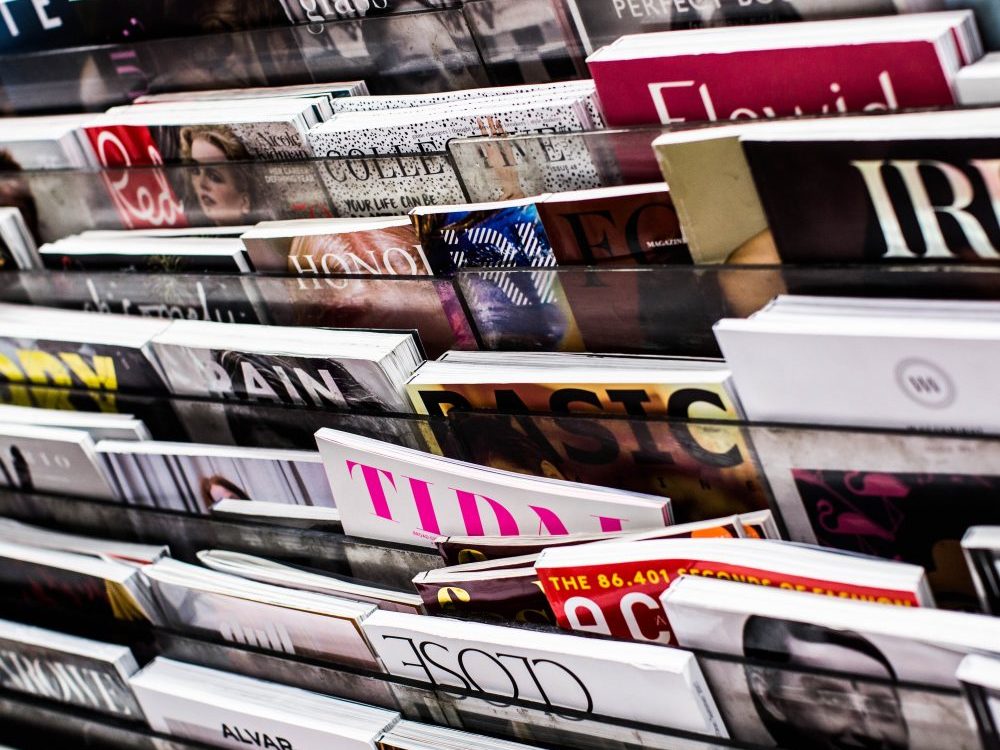January was long, wasn’t it?
The cold weather, short days, and the comedown from the festive period. Mondays have never felt longer, I have had many conversations with people who have felt the weight of the month upon them. Yet January has duality; we are blasted with the hot heat of renewed productivity, like opening the oven, this intense sense that WE-MUST-SUCCEED can be overwhelming.
In perfect timing, I’ve undergone a career shift, thanks to the great British economy, and said farewell to my stable parttime work. As jobs go, it wasn’t that fulfilling, but a regular income is always well received. So, I’ve thrown myself into writing (and as a consequence pitching), which I have found harder than it used to be.
I have written for various outlets, and my most well-received pieces have all been opinion lead articles. In the industry, we call these pieces op-eds. They are exceptionally educational and eye-opening, yet the mass-market appeal of such literature can have negative effects. The 2010s saw the op-ed market boom, with experiences becoming the hottest commodity in publishing.
Now more than ever, writers are frequently tasked with mining their trauma for invoices, which is a double-edged sword.
As someone who creates personal content in this market, there are days when the labour of such tasks become overwhelming. I have benefited from this boom in op-ed popularity, levering my identity for coverage. I do see that I look a bit hypocritical when my career has been supported by this industry. I have never shared my thoughts for gain, I have shared my words because I want to help.
Growing up, I never had resources to help me come to terms with my identity, but now articles like the ones I write will help people seeking knowledge understand their thoughts and feelings.
The positive draw of the op-ed is the light it shines on the unique experiences it reports upon, in essence educating the reader.
However, over time as the subject, you begin to feel more like an ant having the sun’s light focused on you with a magnifying glass. I adore that my voice can educate and inspire, and the medium of the op-ed has allowed me to do this. I want to bring about changes to the world that we live in, and a chorus of voices is how we will do this.
Which requires retelling of experiences so that we can educate and enlighten people. My queerness is something that I hold very dear to me and has been intrinsic to making me the creative person that I am. Overcoming adversity is a surefire way to make you resilient and resourceful. However, I do sometimes feel like this part of my identity is all-consuming, and can define me. I am more than just my queerness, and I feel like I need to find a way to reconcile all the parts of my identity.
When you have mainly written in this sector, trying to branch out and write in a way that is authoritative and taken seriously is hard. I am trying to create a voice that is bigger than my non-binary identity, and I have no idea how to do it.
I have been thinking about this for weeks, and I think I have some idea of differentiating the two approaches. Contrasting writing about being a queer person, with having an opinion about a piece of news as a queer person. The way to evolve the op-ed heavy period of publishing is perspective. When any industry is faced with charges of lack of diversity, diverse bodies are hired to fill those gaps.
This is early stages progress, and perhaps where we are today. When we are truly diverse, we offer roles to a diverse range of people. The industry then allows a variety of personal experiences and perspective, to provide a richer response.
I don’t want to just write about being non-binary, I want to write about other things from the perspective of a non-binary person. I think this has been a lot easier to type than it ever will be in practice. My edge has always been who I am, and trying to enter different realms has meant I am at a disadvantage. It has surprisingly shown me that we are a long way away from true diversity.
To truly have a balanced world, we need to have people of ALL backgrounds in ALL roles. This is the true way to create a world that makes all members feel valued. We need to break down the barriers of race,
gender and class. People that occupy the fringes of society like myself are the key to true diversity.
We are the bridge between the way the world is and the way it should be. I am more than capable of creating outside what society wants from me, and I urge you to do the same.
That is my wish for this next decade, unity and understanding through actual diversity. The fast-paced nature of online publishing means that this could be an easy adjustment, hiring skilled voices from a range of backgrounds and identities.
I hope in 2030 that the op-ed has evolved to exist in all things we read and consume. The unique experience a writer brings is a unique slant that will be more enlightening when combined with other things.
We will be no longer defined by our experiences but given opportunities to use them in new and educational ways.









